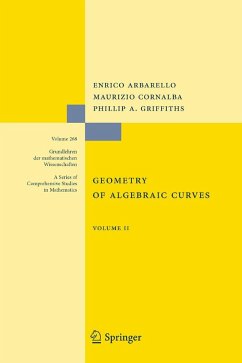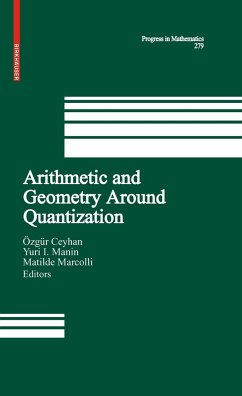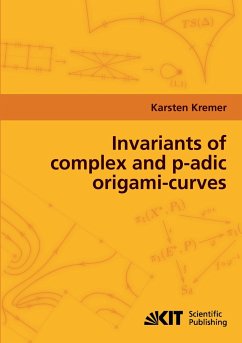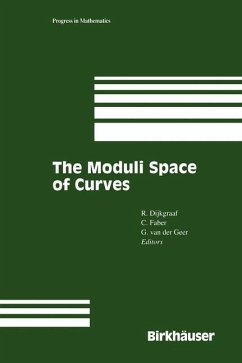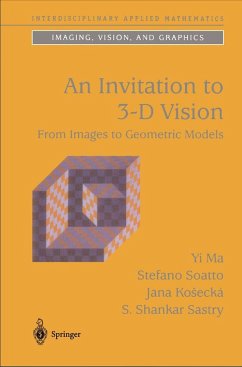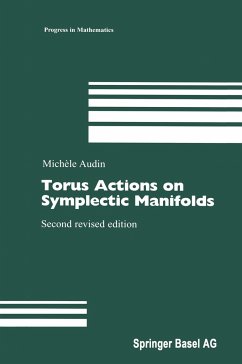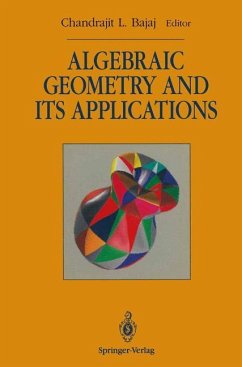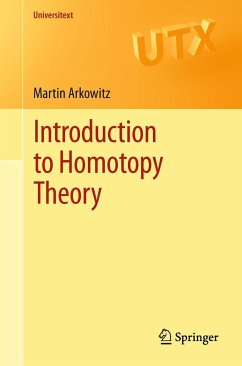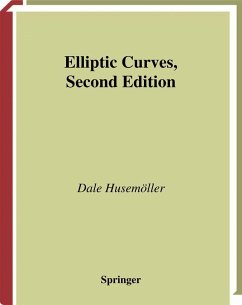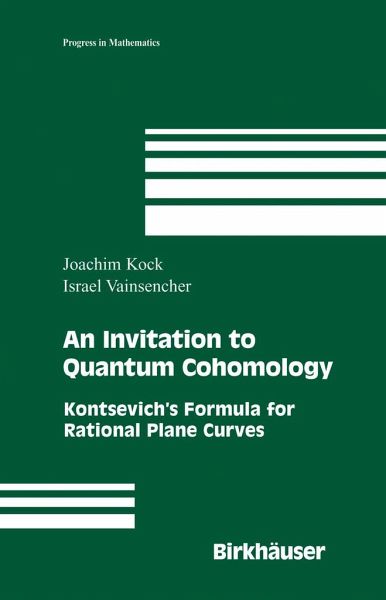
An Invitation to Quantum Cohomology
Kontsevich's Formula for Rational Plane Curves

PAYBACK Punkte
31 °P sammeln!
This book is an elementary introduction to some ideas and techniques that have revolutionized enumerative geometry: stable maps and quantum cohomology. A striking demonstration of the potential of these techniques is provided by Kont- vich's famous formula, which solves a long-standing question: How many plane rational curves of degree d pass through 3d - 1 given points in general position? The formula expresses the number of curves for a given degree in terms of the numbers for lower degrees. A single initial datum is required for the recursion, namely, the case d = I, which simply amounts to...
This book is an elementary introduction to some ideas and techniques that have revolutionized enumerative geometry: stable maps and quantum cohomology. A striking demonstration of the potential of these techniques is provided by Kont- vich's famous formula, which solves a long-standing question: How many plane rational curves of degree d pass through 3d - 1 given points in general position? The formula expresses the number of curves for a given degree in terms of the numbers for lower degrees. A single initial datum is required for the recursion, namely, the case d = I, which simply amounts to the fact that through two points there is but one line. Assuming the existence of the Kontsevich spaces of stable maps and a few of their basic properties, we present a complete proof of the formula, and use the formula as a red thread in our Invitation to Quantum Cohomology. For more information about the mathematical content, see the Introduction. The canonical reference for this topic isthe already classical Notes on Stable Maps and Quantum Cohomology by Fulton and Pandharipande [29], cited henceforth as FP-NOTES. We have traded greater generality for the sake of introducing some simplifications. We have also chosen not to include the technical details of the construction of the moduli space, favoring the exposition with many examples and heuristic discussions.





